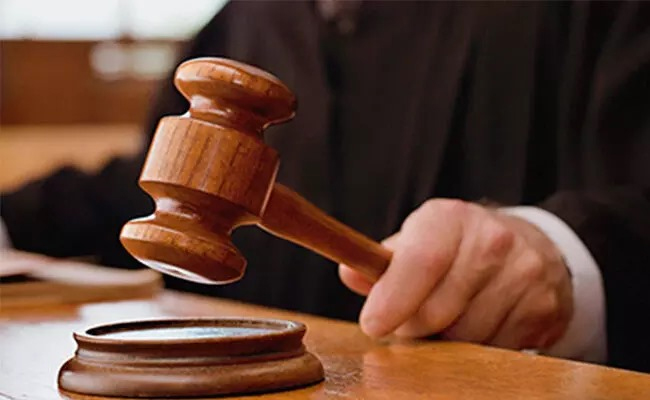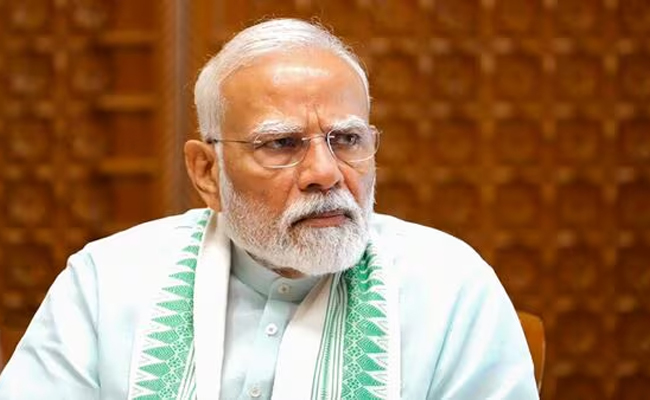Shimoga: A car that was parked in front of a residence at Azad Nagar was reportedly vandalized and smashed by a group of people on Sunday. Concerning this incident, an FIR has been filed against 15 people including the sister of Harsha (who was murdered a few months ago) at the Doddapete police station.
The car owned by a resident of Azad Nagar, identified as Syed Farvez was wrecked by the accused group of miscreants.
A program titled ‘Sarvarkar Samrajya’ was conducted on the evening of October 22, and in this regard, a bike rally was organized in the city. The bike rally which started from the Ameer Ahmed circle reportedly culminated at Kallappana Keri. While the rally passed through the area of Farvez’s residence, some miscreants stopped and damaged his car which was parked in front of his house.
Around 10 to 15 people wearing the saffron shawl, screaming the ‘Jai Shri Ram’ slogans are said to have smashed the victim’s car and damaged the headlights on the left side of the vehicle, smashed the side door, and mudguard in the back portion of the vehicle.
Farvez has informed in his complaint to the police that Harsha’s sister, Seegehatti resident Ashwini had also participated in this bike rally.
Let the Truth be known. If you read VB and like VB, please be a VB Supporter and Help us deliver the Truth to one and all.
Prayagraj (PTI): The Allahabad High Court observed that the absence of teachers frustrates the very purpose of the Right of Children to Free and Compulsory Education Act, 2009 and refused to interfere with the suspension of primary school teachers who were found absent from their school during an inspection.
The court also directed the state government to frame a policy ensuring the presence of teachers in schools within three months.
Justice Prakash Padia, while disposing of the writ petitions filed by Indra Devi and Leena Singh Chauhan, observed that the teachers are the "pillars of knowledge" and revered as 'Guru' in the Indian culture. The state government has an obligation to ensure the imparting of unbarred education to children.
ALSO READ:Rupee strengthens past 90/USD level in early trade
Both the government school teachers challenged the orders passed by the District Basic Education Officer suspending them, specifically on the ground that they were not found in the institution during the inspection.
The court, in an order dated December 2, while refusing to interfere in the suspension order of both teachers, observed, "It is a well-known fact that in a large number of primary institutions throughout the State of U.P., teachers are not attending the institution on time."
"It is an obligation on the state to ensure imparting unbarred education to children belonging to the primary institutions. The matters are coming every day before this Court in which allegations were made against the teachers and headmasters of the institution to the effect that they are not attending the institution within time," the court added.





